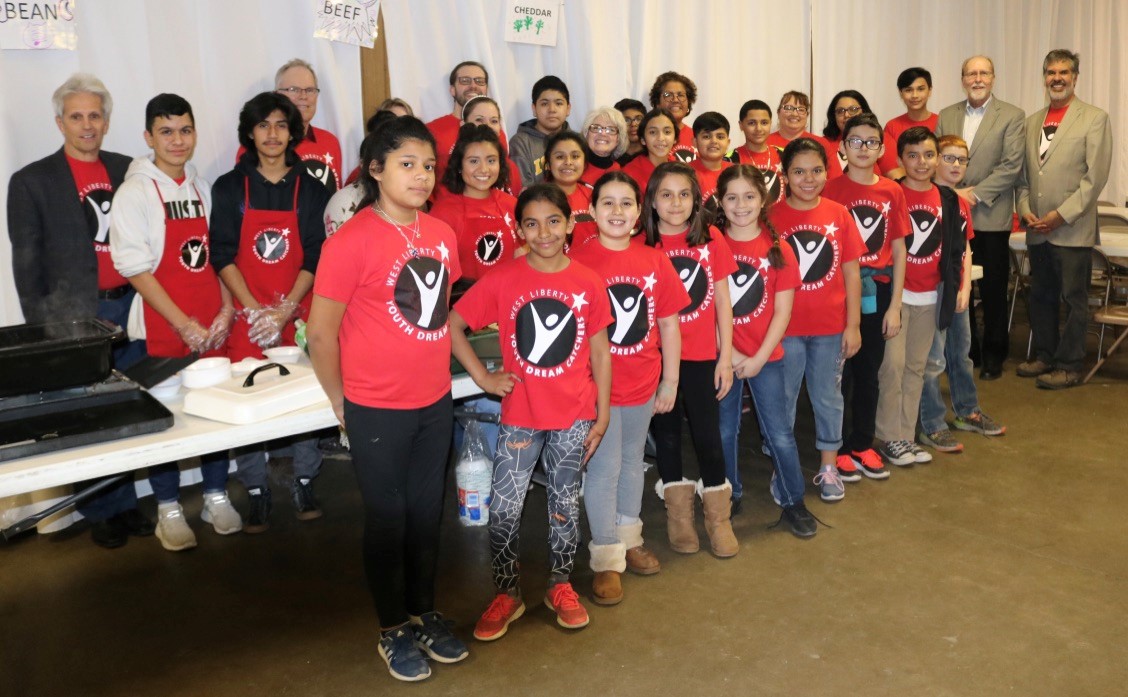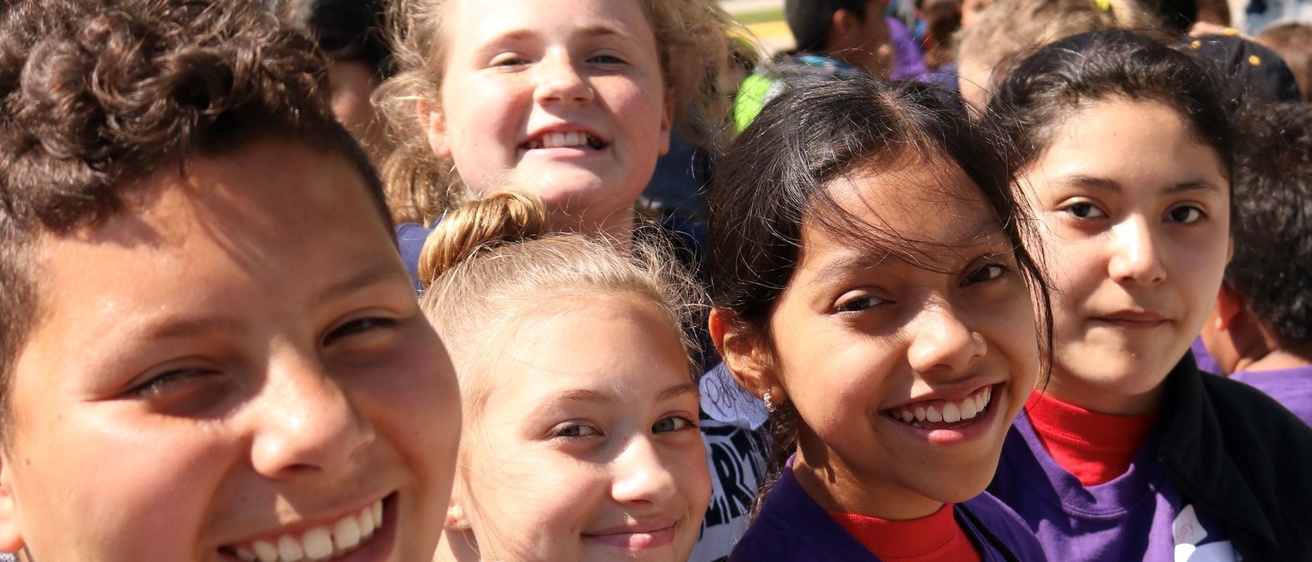Two alumni from the College of Engineering at the University of Iowa have focused their work on providing resources for LatinX students who have expressed an interest in engineering and other science, technology, engineering, and math (STEM) disciplines.
In 2004 Ed Moreno (88MS) and Dr. Carol Moreno (83DDS) created the West Liberty Youth Dream Catchers (WLYDC), which “empowers children through mentoring and scholarship to attain a post-secondary education.” Caroline VanIngen-Dunn (83BSE) is the senior director of the Center for Broadening Participation in STEM (CPB-STEM) at Arizona State University, “a research organization specializing in developing and implementing inclusive and equitable educational strategies specifically for underrepresented students in STEM.”
Moreno, who is a current West Liberty, Iowa, school board member, saw an opportunity to help students pursue higher education through empowerment, mentoring, and scholarship.
“As a first-generation student myself, I know firsthand the challenges students face, especially when they do not have family members who can mentor them about the college experience,” said Moreno. “Mentors are everything. WLYDC mentors can help kids get excited about their future and can assist with collegiate preparation. WLYDC also provides scholarships of $2,000 a year for four years of undergraduate and graduate education.”
Retiring in 2015 after 36 years in the water industry, Moreno is now focusing on supporting Iowa students, particularly first-generation, underrepresented students from West Liberty, Muscatine, and Columbus Junction. Moreno has been president of the West Liberty (WL) League of United Latin American Citizens (LULAC) since 2016 and is co-chair of the Iowa LULAC Education Committee. WL LULAC recently awarded more than $25,000 in scholarships to West Liberty students, many of whom attend the UI. Moreno is also a board member for the UI’s Latino-Native American Alumni Alliance.
At CBP-STEM, Caroline VanIngen-Dunn and her team work to address the reasons for an achievement gap between Hispanic students and white students pursuing higher education. Her work is supported by a $10 million grant from the National Science Foundation’s Eddie Bernice Johnson INCLUDES Alliance program to Accelerate Latinx Representation in STEM Education (ALRISE).
“We are focused on creating processes and resources for STEM faculty and staff at both Hispanic-serving institutions (HSIs) and two-year colleges, which are often a first destination for students pursuing four-year degrees,” said VanIngen-Dunn. “We provide training on cultural responsiveness and awareness as well as tap into underserved communities, which have not been well-served by companies that can provide internships or full-time employment.”
Among its goals, CBP-STEM is focused on increasing the number of underrepresented students in STEM education and the number of skilled and prepared workers for the STEM workforce. It serves students who have not traditionally been well represented in STEM fields, including first-generation college students and students from rural communities. Its support includes helping individual faculty members with incorporating broadening participation strategies in their proposals and assistance with implementing appropriate messaging for student recruitment into STEM fields as well as creating welcoming environments that keep students in STEM.
Both Moreno and VanIngen-Dunn have taken their work as Iowa engineers and translated it into impact in their local communities and beyond.

